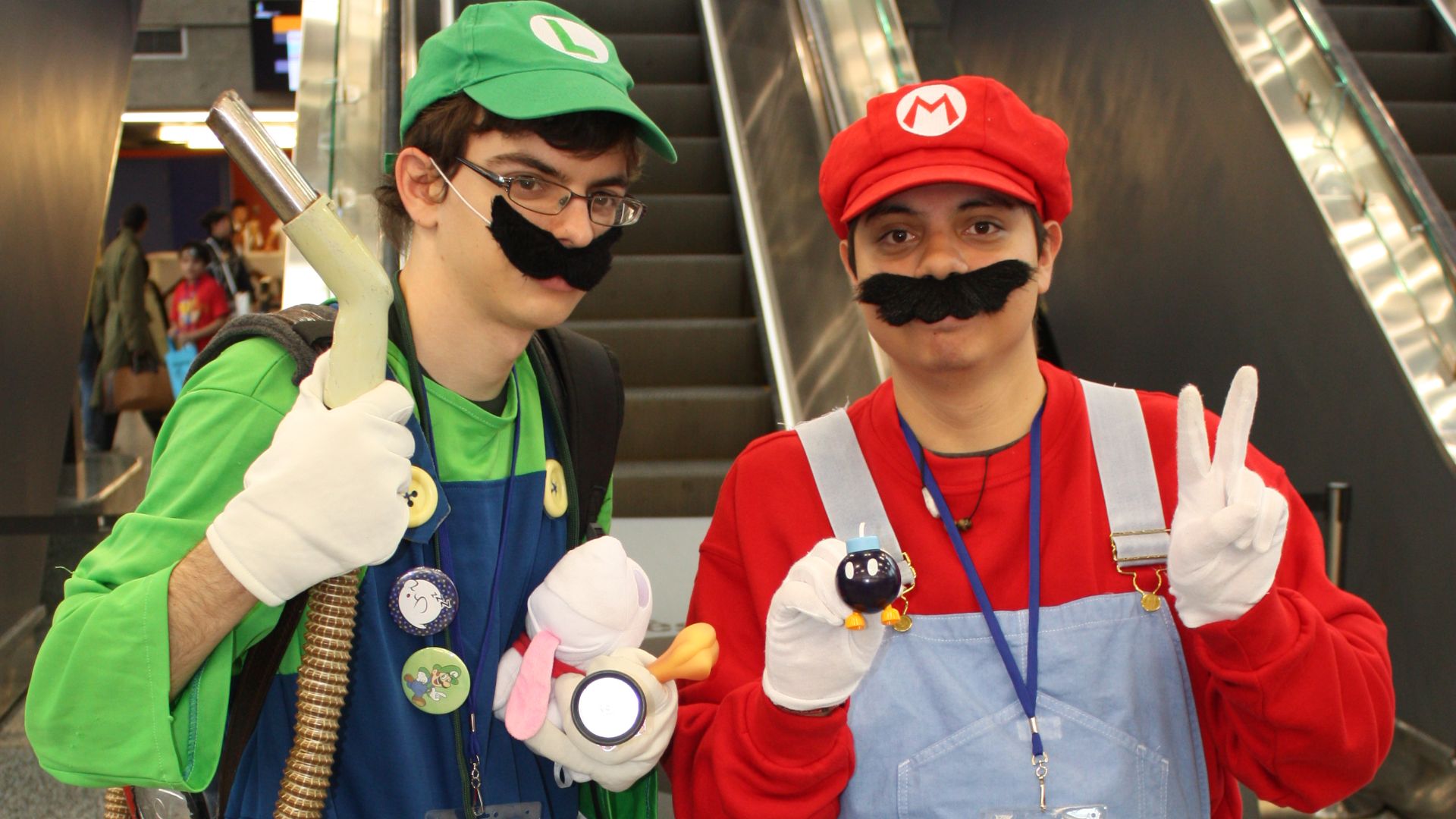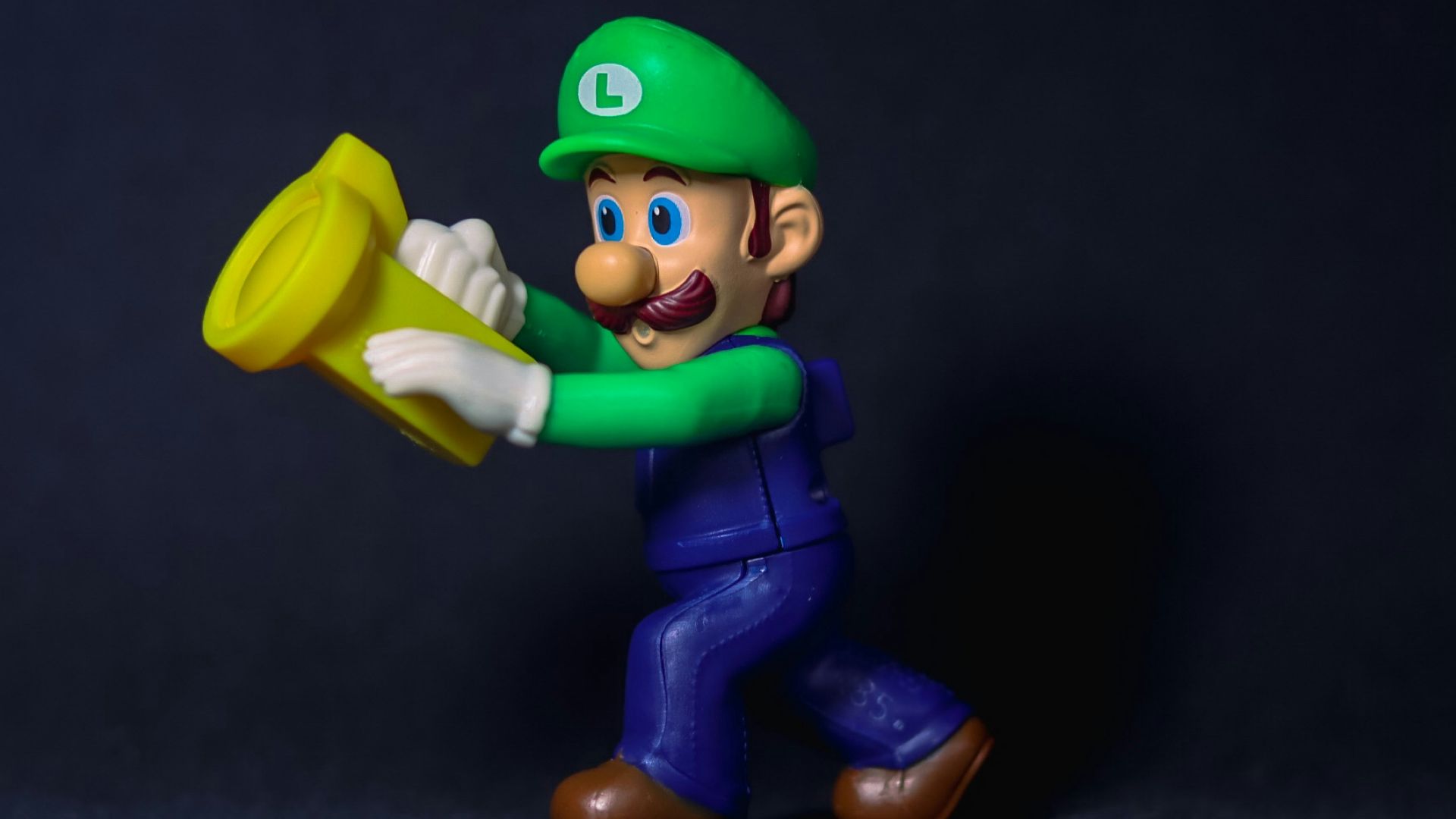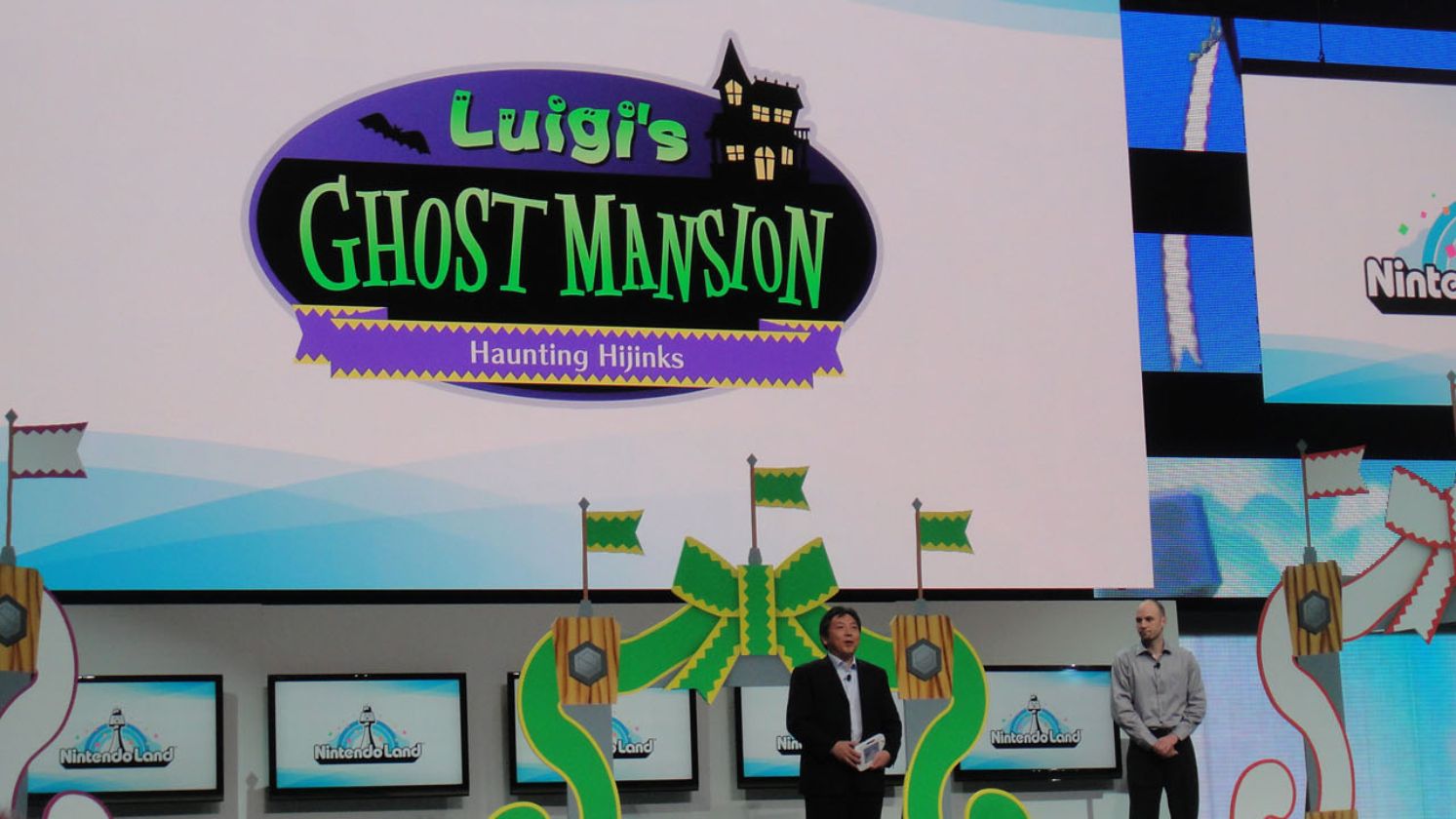 Pikawil from Laval, Canada on Wikimedia
Pikawil from Laval, Canada on Wikimedia
Luigi's Mansion is often cast aside as a lesser game than Mario Kart or Super Mario Bros. 3, but its spookiness and slower pace made it a blast to play. Launched alongside the Nintendo GameCube in 2001, it confounded players, only to earn a well-deserved reevaluation.
Luigi's Mansion was a ghost-hunting adventure, and a real departure for the franchise. Critics were mixed over it, but the cult following was slowly building. It's a quirky title that, in some ways, was way ahead of its time thanks to its moody atmosphere and how it creatively experimented with the Mario formula.
Now that over two decades have passed, one thing is clear to true Nintendo gamers: Luigi's Mansion is an unheralded masterpiece in disguise.
Atmosphere Over Action
Luigi's Mansion was Nintendo's gothic gem, and what set it apart was its mastery over tone. It was a game that felt part eerie and part comforting. This was due to having a familiar character in a unique setting.
This video game also struck a nice balance between horror and humor, which many other games failed to do. The mansion setting acted like a character with creaky floors, flickering lights, and a spectral vibe. The details brought each moment to life, and the choice to make every room tell a story was brilliant.
The choice to lean into atmosphere over frantic platforming action encouraged patience and paying close attention, rather than just moving the character in a simple direction. It forced players to learn ghost patterns, use light thoughtfully, and explore every corner.
Reinventing Luigi as the Hero
Before Luigi's Mansion, Luigi was Mario's brother and sidekick and nothing more. He was well-known but far from the most popular player. He was an afterthought until this game was released.
This video game didn't just make Luigi the hero. Instead of being brave and fearless, he was scared, reluctant, and human. He was relatable, and that's what players loved about this iteration of the character. It was nice to control a flawed hero for once.
This vulnerability created an emotional depth that had eluded Mario. Luigi wasn't just trying to save his brother; he was conquering his own inadequacies. The humor laced throughout the game complemented this aspect of the storytelling and helped capture real emotion for once.
Luigi's Mansion: Lasting Influence
Luigi's Mansion was a risky experiment for Nintendo and game design at the time. The company replaced platforming with a blend of puzzle-solving, exploration, and fun interactions.
Luigi's ghost-sucking vacuum was more than a video game tool. It enhanced the gameplay and made catching ghosts a collection of light, timing, and precision. In many ways, it was groundbreaking and one of the reasons that the game has endured.
Luigi's Mansion was obsessively replayable, and its influence on titles like Splatoon is clear in that game's environmental storytelling. The two sequels, Dark Moon and Luigi's Mansion 3, were never fully able to recapture the magic of the original, but still had their charm.
Luigi's Mansion never reached the level of The Legend of Zelda: Wind Waker, but it should still be enshrined as a masterpiece. It found its own niche as a spooky, inventive, and heartfelt adventure game for newbies and purists.








